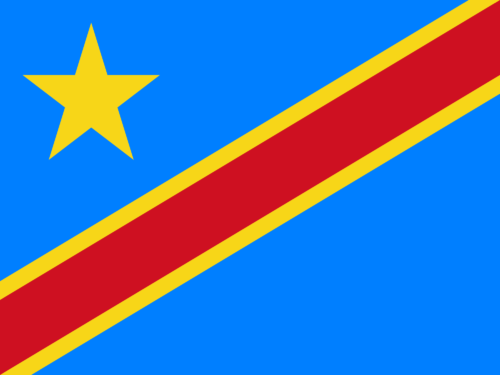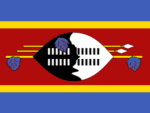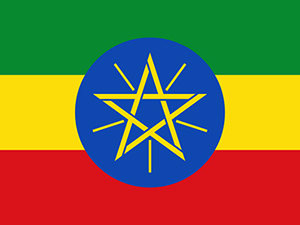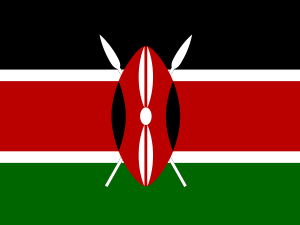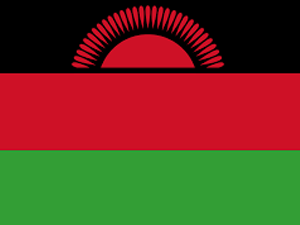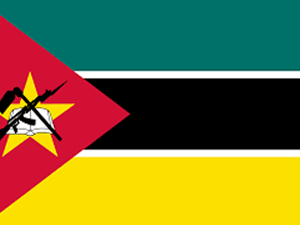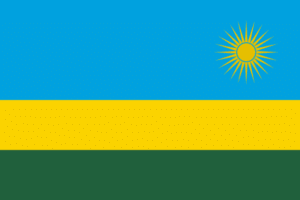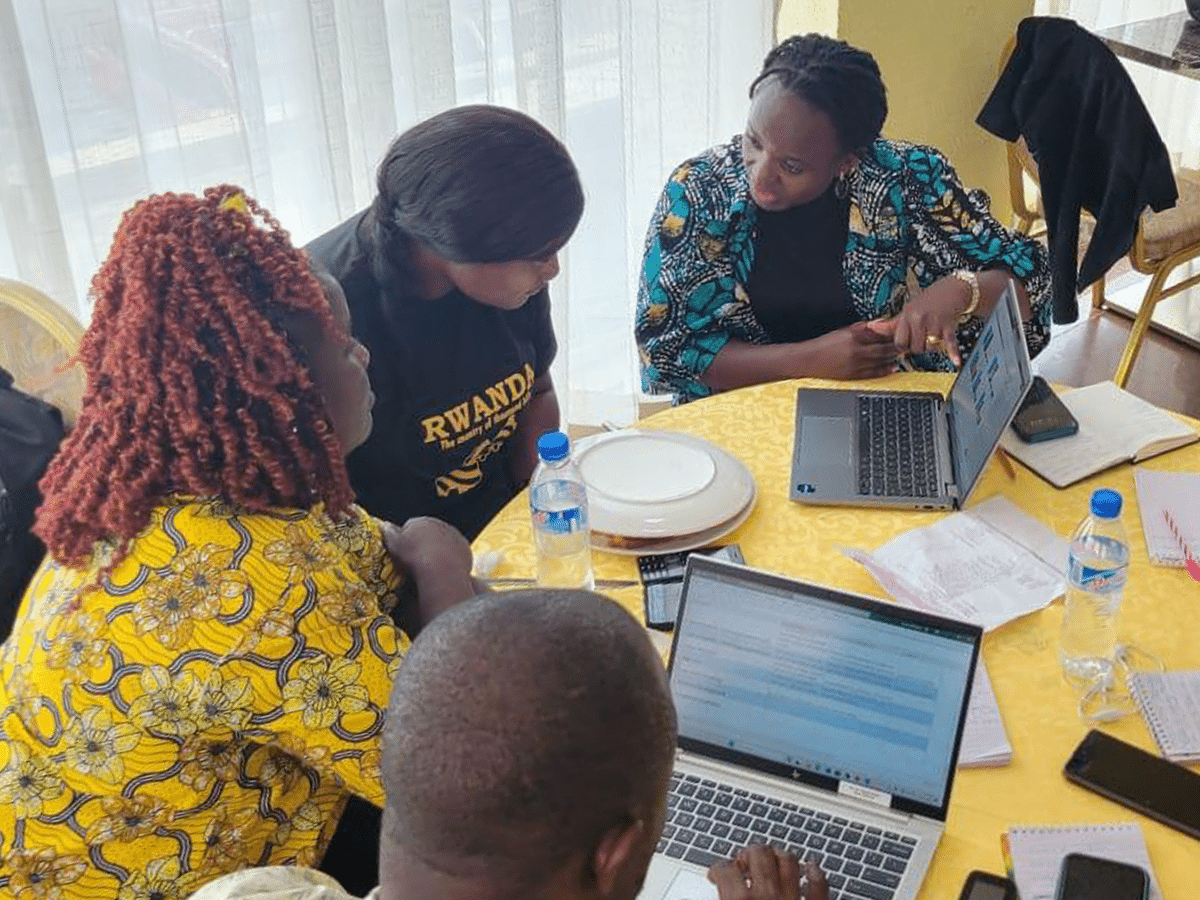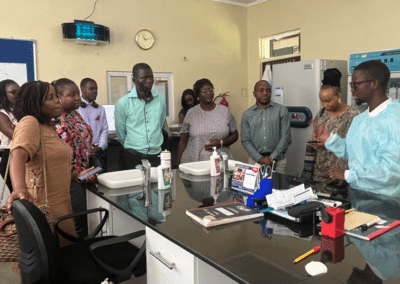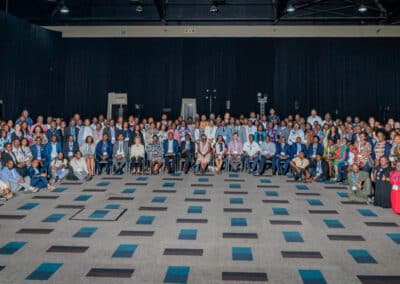When Liberia joined CQUIN in September 2019, the country’s National AIDS Control Program (NACP) was eager to learn from other countries in the network about expanding differentiated service delivery (DSD) activities. Through participation in country-to-country visits and other CQUIN network activities, Liberia’s goal was to take lessons learned from CQUIN and create impact on the country’s HIV program by enhancing and diversifying its DSD models, especially for populations at higher risk for acquiring HIV. At the time, Liberia had three DSD models: one more intensive model and two less intensive models – facility-based individual model and community-home delivery model.
“Liberia has benefitted a lot from participating in CQUIN,” said Amos Mulbah, BS, DSD coordinator for Liberia, in an interview. “Through CQUIN, we have created DSD guidelines and expanded our DSD model mix.”
Five years later, with support from the ICAP CQUIN technical team, Liberia’s NACP has conducted its first-ever DSD performance review (DPR) – an in-depth assessment of the implementation and effectiveness of DSD models and approaches to HIV services in Liberia.
CQUIN staff led by the strategic information team supported the development of a data abstraction tool and collaborated with NACP staff by providing technical assistance during training, data collection, analysis, and dissemination of the DPR results. The DPR had both facility-level and patient-level data collected from sampled facilities in Montserrado, Liberia’s capital county. Data collection took place from March 11 to March 27, 2024. On June 26 and 27, the NACP held a dissemination meeting to share the results with all relevant stakeholders, including the National AIDS Commission, WHO representatives, UNICEF, UNAIDS, Department of Defense, implementing partners, and representatives from the national network of people living with HIV, LibNEP+.
Results of the DPR show that all the16 sampled facilities in Montserrado had antiretroviral therapy (ART) clinics with dedicated staff providing HIV services. Staffing levels varied by facility, with most reporting at least the availability of a professional nurse and lay counselors. Notably, 87.5% of the staff across all sampled sites had received training in basic HIV management to support recipients of care. Standard operating procedures (SOPs) were present at 75% of the sites to guide the assessment of recipient of care eligibility for DSD models. Additionally, 81.3 % of facilities had SOPs to ensure routine viral testing for individuals on less intensive models (LIM) within the recommended intervals and according to Liberia’s national HIV care guidelines.
“DPR results also show Liberia has expanded its DSD models across health facilities since joining CQUIN,” said Violet Oramisi, MBChB, MSc, CQUIN regional strategic information advisor. “Facilities offer at least nine models, including a facility fast track model (FBIM), family members, teen clubs, community home delivery (volunteer or peer-led), community home delivery (clinician lead), community pharmacy, community ART points of care, and conventional/standard care,” she said.
Furthermore, according to Oramisi, 94% of health facilities provide integrated non-HIV services into their HIV services, with the most common integrations being TB/HIV, followed by family planning and hypertension screening. Other integrated services included diabetes screening, maternal and child health services, as well as mental health screening.
Significant gaps were also noted during the DPR – advanced HIV disease (AHD) remains a challenge, as implementation was limited to pilot sites, with national scale-up yet to begin. As a result, limited data was collected in this DPR. Other critical gaps identified included data quality issues and inadequate capacity building of staff providing HIV services.
Liberia plans to conduct facility-to-facility exchanges and planned training sessions to build the capacity of HIV health care workers to address the identified gaps. Liberia’s NACP will also conduct support supervision visits to strengthen the implementation of DSD. Looking ahead to the next DPR, Liberia’s NACP plans to expand the assessment to facilities beyond Montserrado County. Additionally, the NACP aims to develop a comprehensive protocol that incorporates both qualitative and quantitative indicators for the next in-depth review of the country’s DSD program.






